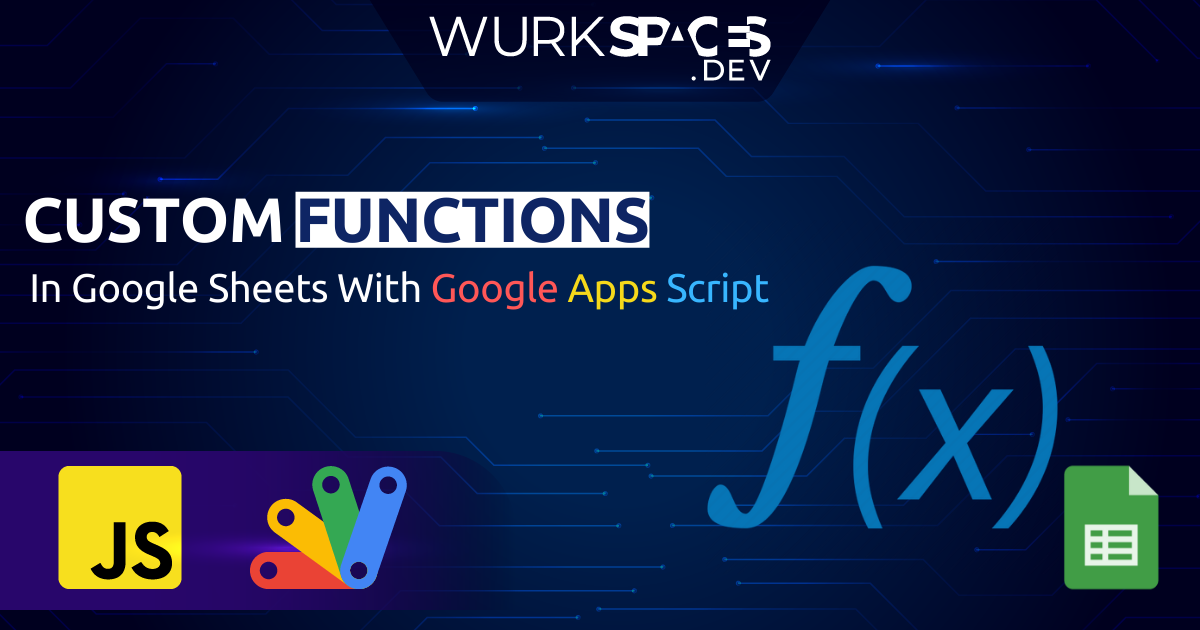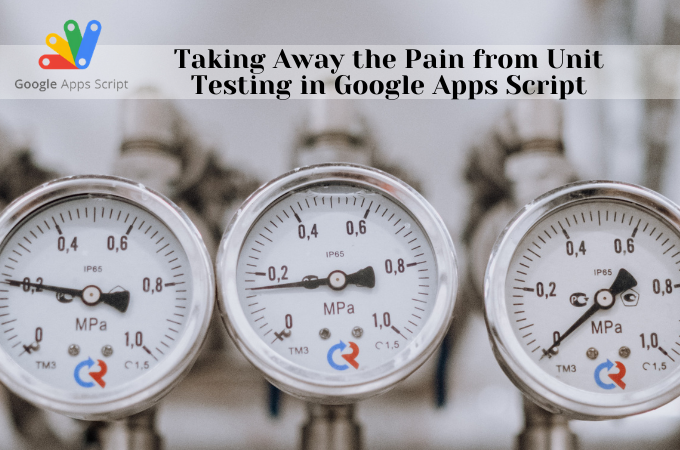Give your scripts privileges that your users don’t have … In 99% of all cases, authorizations in Google Apps Script are extremely straightforward. When a user executes their script, they run it as themselves with their respective authorization scopes. … However, what if you need to give more rights to your app beyond what your intended users will have? … This is where service accounts come in.
A useful post to find out more about service accounts and how to use them with Google Apps Script. The tutorial put together by Dmitry Kostyuk includes example code for using a service accounts with Firestore, BigQuery and the Admin Directory API.
Source: How to Use Service Accounts and OAuth2 in Google Apps Script

Member of Google Developers Experts Program for Google Workspace (Google Apps Script) and interested in supporting Google Workspace Devs.



